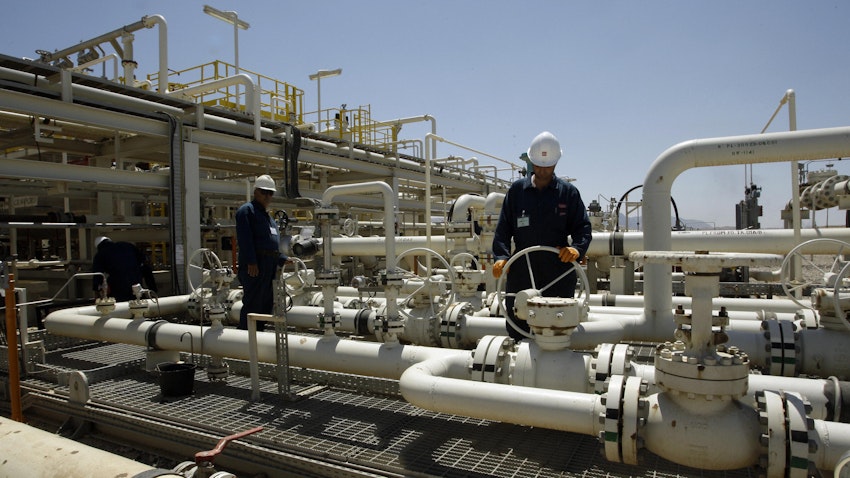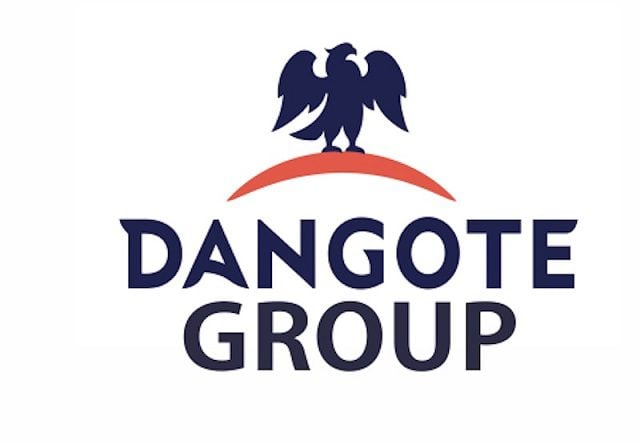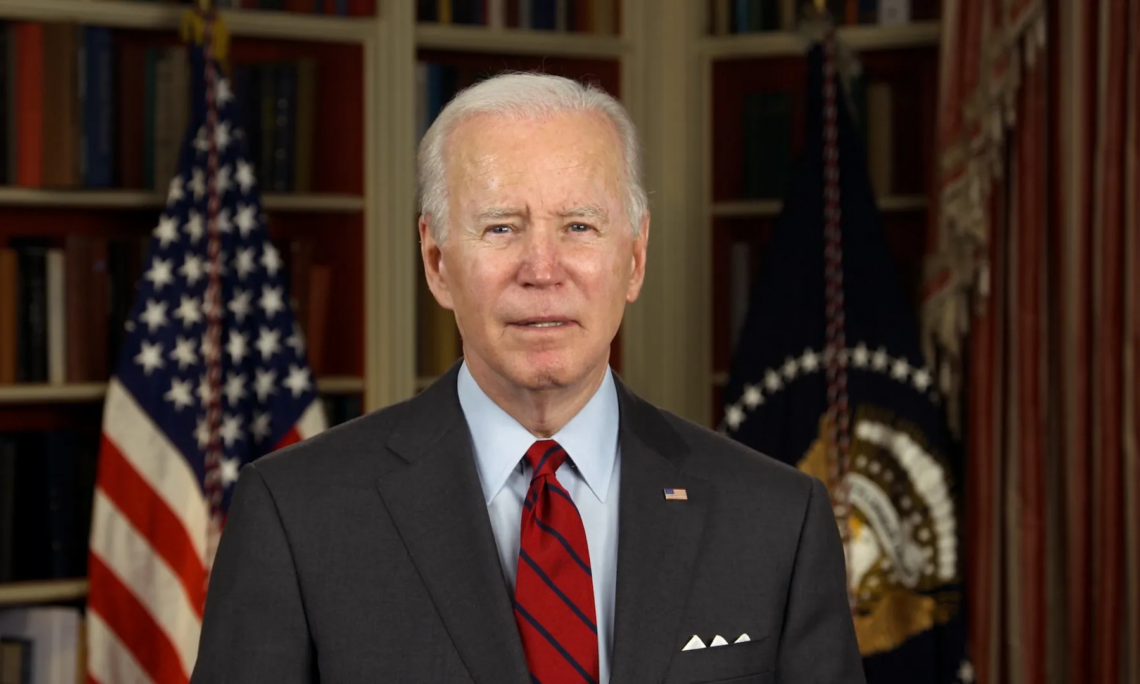U.S. President Joe Biden has authorized $571.3 million in defense assistance for Taiwan, the White House announced on Friday. The move comes as Biden prepares to leave office ahead of Donald Trump’s inauguration in January and amid escalating military and political pressure on Taiwan from China.
While the United States does not officially recognize Taiwan diplomatically, it remains the island’s most significant strategic ally and primary supplier of military equipment.
Increased Military Support
The White House, in a brief statement, confirmed Biden’s approval for the drawdown, which includes defense articles, services from the Department of Defense, and military education and training. This package closely follows a $567 million assistance package authorized less than three months ago.
Details of the aid were not disclosed, in line with a “tacit agreement” between Washington and Taipei, according to Taiwan’s Ministry of National Defense. The ministry expressed gratitude for the United States’ “firm security commitment” and reiterated its dedication to working with Washington to uphold peace and stability across the Taiwan Strait.
Earlier this week, Taiwan took delivery of 38 advanced Abrams battle tanks from the U.S., marking its first acquisition of new tanks in 30 years.
China’s Escalating Pressure
The announcement comes against the backdrop of heightened tensions with China, which views Taiwan as part of its territory and has not ruled out using force to achieve “unification.”
Last week, Taiwan reported that China conducted its largest maritime drills in years, deploying around 90 vessels from waters near Japan’s southern islands to the South China Sea. While Beijing did not confirm the exercises, its military presence around Taiwan remains a near-daily occurrence, including fighter jets, drones, and warships.
China has repeatedly called on Washington to halt arms sales and military support to Taiwan, accusing the U.S. of meddling in its domestic affairs. Beijing has also ramped up its rhetoric, declaring unification with Taiwan “inevitable.”
Broader Implications
A recent U.S. Pentagon report noted that China has “amplified” its diplomatic, political, and military pressure on Taiwan throughout 2023. The latest defense package underscores Washington’s continued support for Taipei amid growing regional instability.
Biden’s decision is likely to draw sharp criticism from Beijing and further strain U.S.-China relations, which have already been tested by issues ranging from trade to security in the Indo-Pacific region. As the transfer of power in Washington approaches, the Biden administration’s move signals a lasting commitment to Taiwan’s defense amid China’s growing assertiveness.











